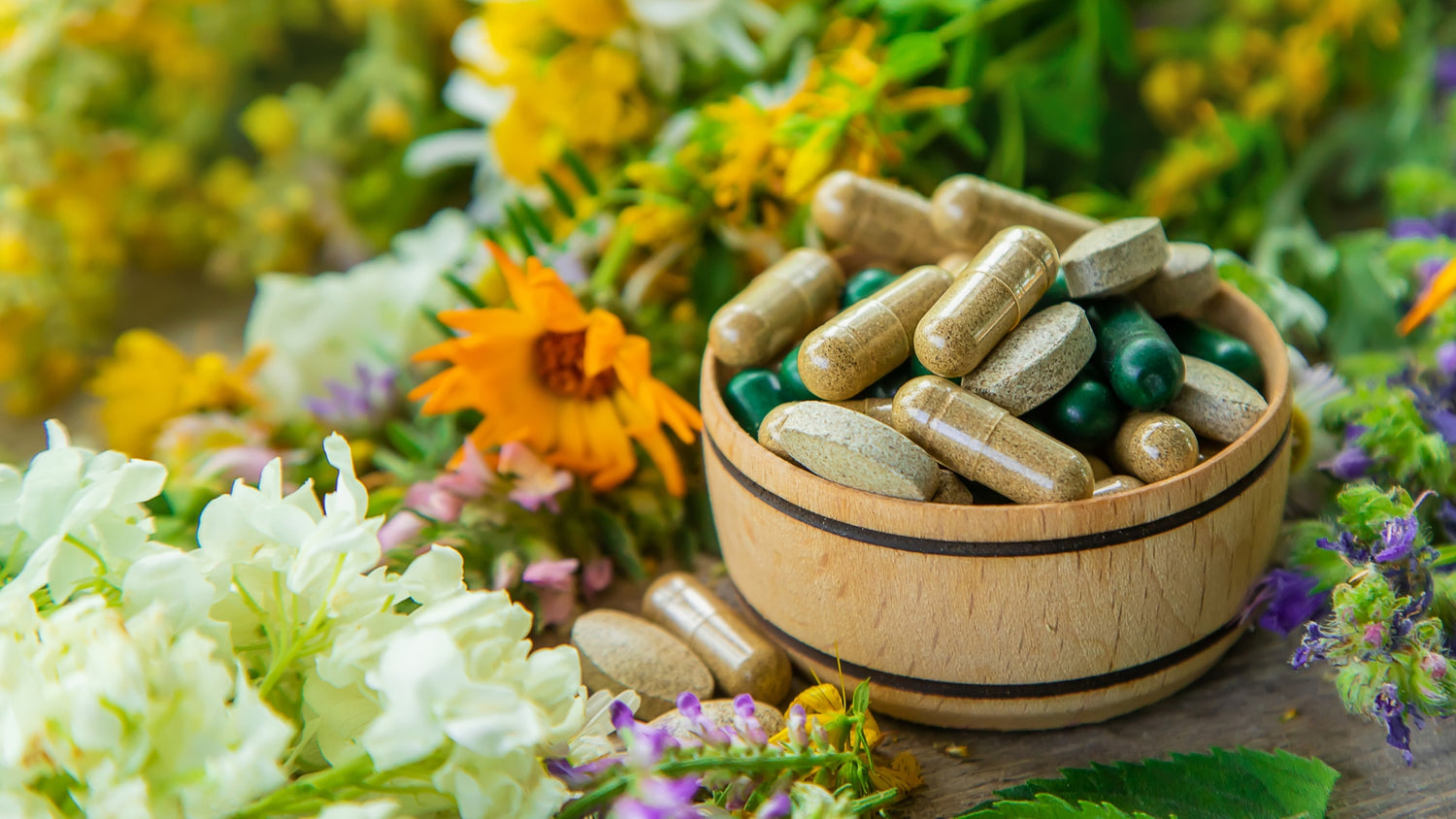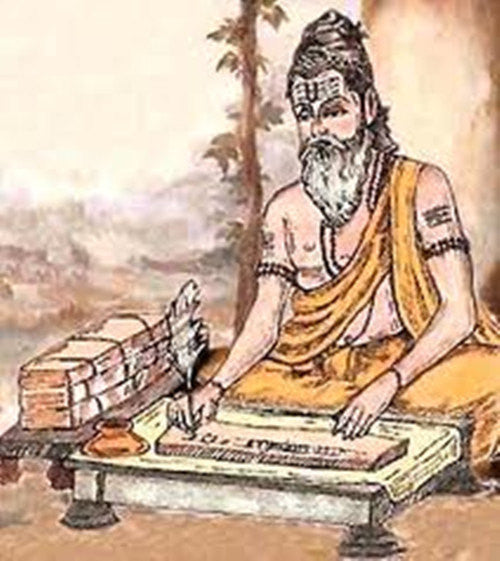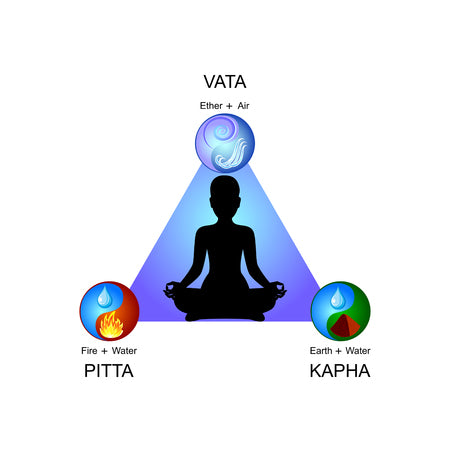Tridosha Theory
- Vata: Air and Ether
- Pitta: Fire
- Kapha: Water and Earth
“Tri-doshaTheory”- The central concept of Ayurvedic medicine is the theory that health exists when there is a balance between three fundamental bodily senses of humor or tridoshas called Vata, Pitta and Kapha.
In universe, Every person contains all these three doshas. However, the proportion varies according to the person, and usually, one or two Doshas are predominate. Within each person, the Doshas are regularly interacting with each other and with the Doshas in all of nature.
This explains why human can have much in similar but also have an endless variety of individual characters in the way they behave and respond to their environment.
In Ayurvedic ideology, the five elements associate in pairs to form three dynamic strength or synergy called “doshas”. Dosha means “that which changes.” word taken from the root dus, which is correlative to the English prefix ‘dys’, such as in dystrophy, dysfunction, etc. In this sense, dosha can be the witness as a fault, error, mistake or an infringement against the cosmic rhythm.
The Doshas are continually moving in dynamic balance, one with the others. Doshas are required for life to come into existence. In Ayurveda, dosha is also known as the organizational principles as every living thing in nature is characterized by the dosha. Deep Ayurvedic center in Ripley Ipswich also offering one to one workshop on tridosha cocnept and if you want to learn tridosha concept then book your appointment with Dr Baldeep Kour a renowned ayurvedic practitioner in Ipswich in Queensland.













